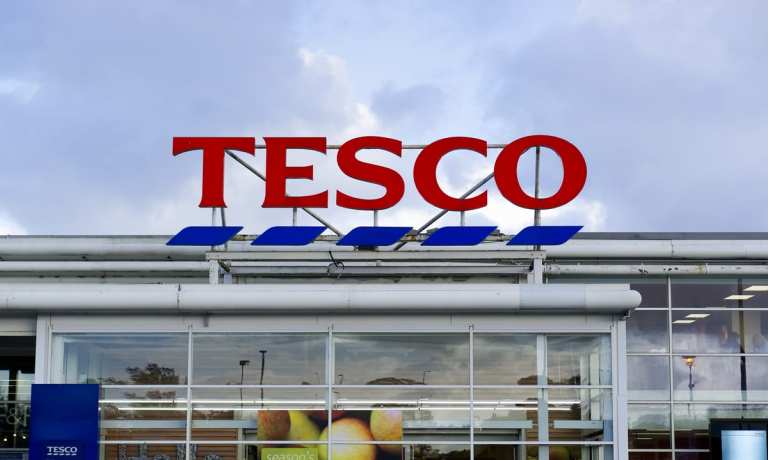Tesco To Offer Sustainability-Linked Supply Chain Financing

Tesco will become the first U.K. retailer to offer sustainability-linked supply chain finance to its supply base, a press release announced on Friday (April 30). The move aims to engender more suppliers to sign up for emissions reduction targets.
The program, which is set to launch in September, “will see annual greenhouse gas emissions data provided by suppliers independently verified and assessed by sustainability experts Anthesis,” noted the release. In addition, financial services tech giant KPMG has been tapped to help with the assurance of the program.
Tesco suppliers will have access to “preferential” rates of financing through Santander’s supply chain platform. The rates will be dependent on “suppliers’ carbon data disclosures, emissions reduction targets and progress against sustainability goals,” with the goal of incentivizing suppliers to make “positive changes to their businesses,” the announcement stated.
The company said it plans to regularly update its scope of sustainability data, aiming to stay in accordance with the market’s best practices as well as its own internal sustainability commitments. Tesco “expects the program to be of particular interest to small and medium-sized businesses,” and has promised to offer online tools and support to encourage smaller suppliers to participate.
“In this critical year for climate action, we’re delighted to be able to offer thousands of suppliers access to market-leading supply chain finance linked to sustainability,” said Tesco Chief Product Officer Ashwin Prasad. “This program not only provides suppliers with a real incentive to set science-based emissions reduction targets, [but it will also] help embed sustainability goals throughout our supply chain and support the U.K. in realizing its climate change targets.”
Tesco recently posted mixed results for its financial status during the pandemic, with the company presenting an optimistic outlook. CEO Ken Murphy said the company was “well-placed to build on the momentum in our business.” According to reports, the company’s stock had fallen by around 4.4 percent.